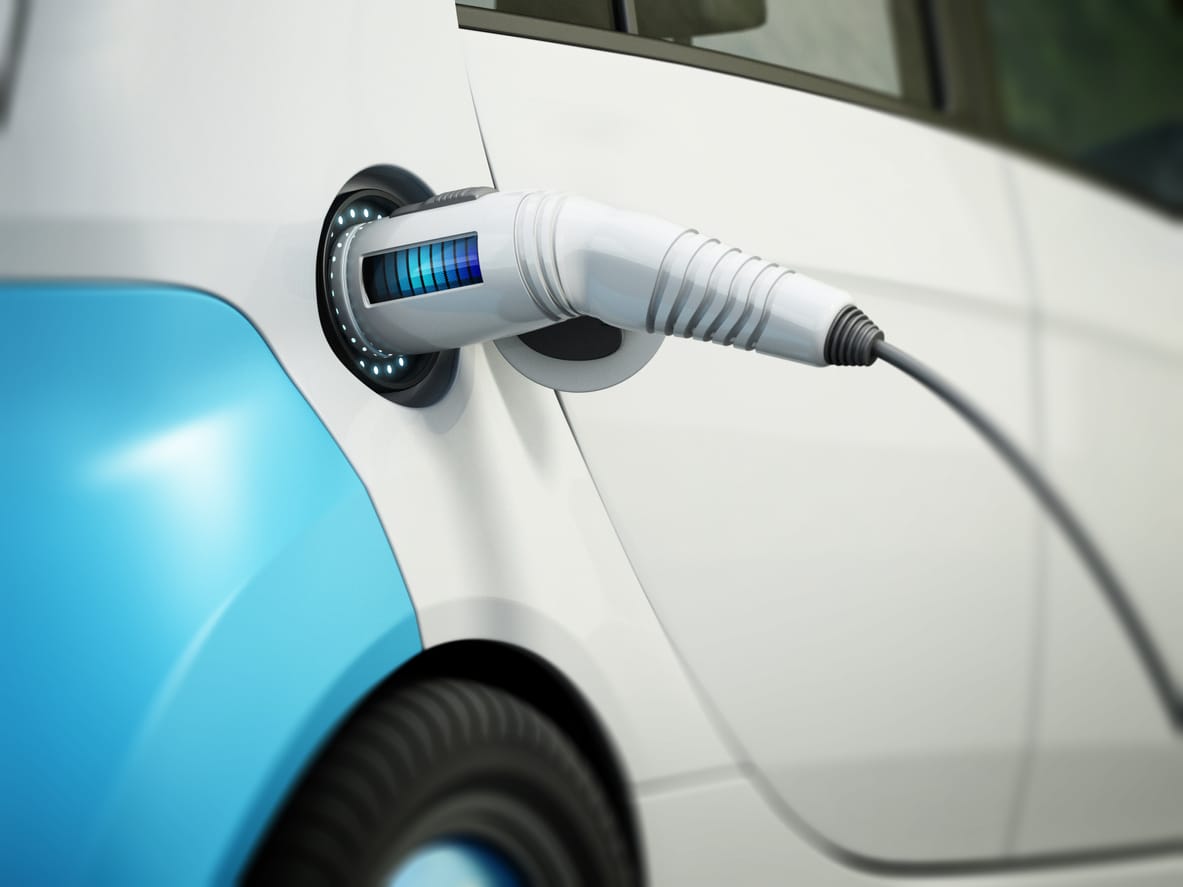The landscape of car sales in the United States is rapidly changing, driven by a need for cleaner energy solutions and a shift toward reducing carbon emissions. As part of this movement, several states are now leading the charge in adopting aggressive measures to phase out the sale of new gasoline-powered cars. This effort comes in response to increasing concerns about climate change, air quality, and the long-term environmental impact of traditional gas-powered vehicles. The U.S. is on the verge of a major shift, and these states are at the forefront of what could become a nationwide transformation.
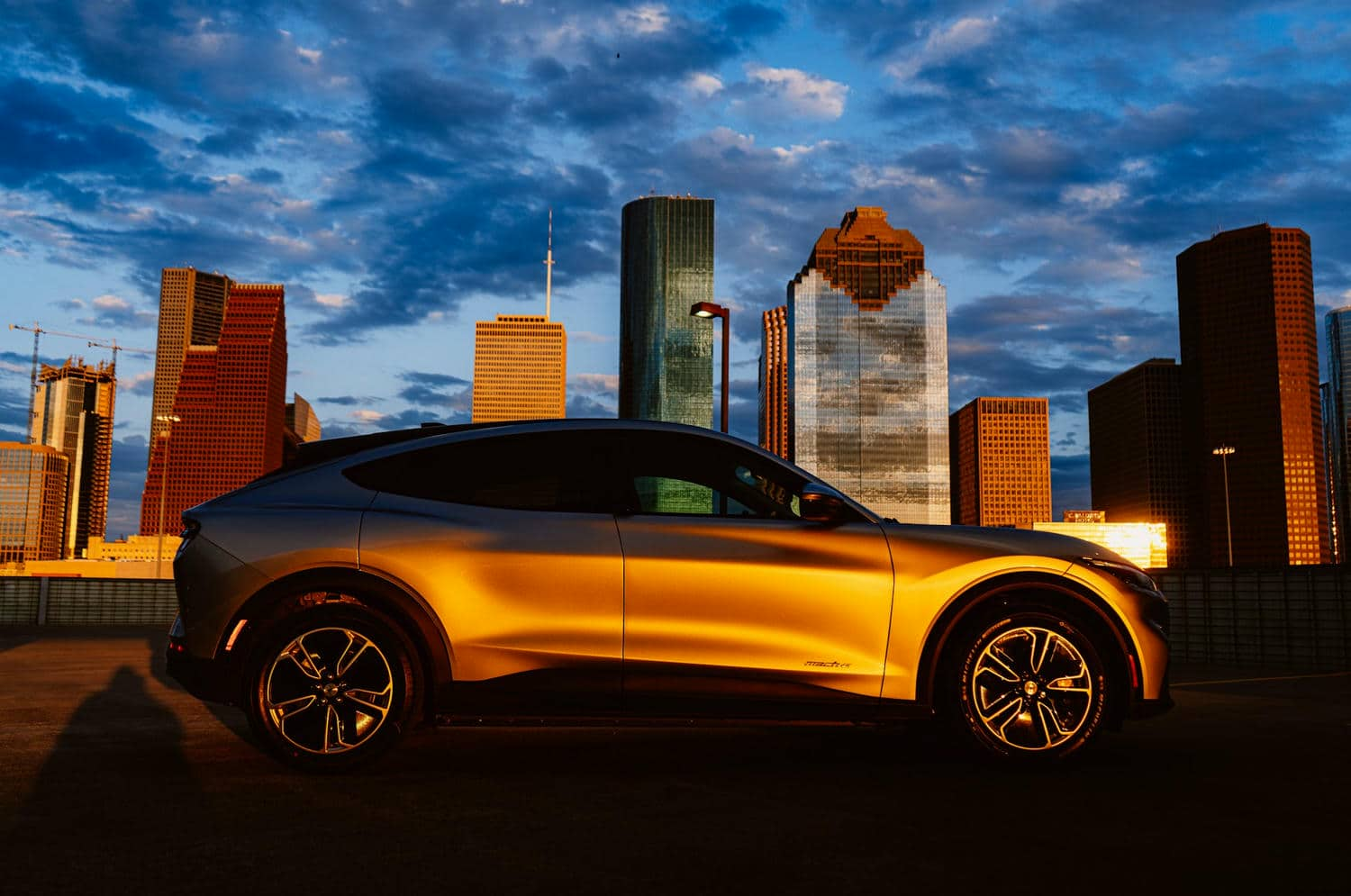
California, a state synonymous with progressive environmental policies, has long been a leader in efforts to combat climate change.
In 2023, California implemented the “Advanced Clean Cars II” rule, a landmark decision that mandates the end of sales for new gas-powered vehicles by 2035. This ambitious policy is part of the state’s broader strategy to reduce greenhouse gas emissions and curb air pollution. California’s government has backed this initiative by expanding charging infrastructure, ensuring that electric vehicle (EV) owners have easy access to power sources across the state.
This move has put pressure on automakers to ramp up their EV production. Companies are now scrambling to meet the new zero-emissions vehicle mandate. As a result, California’s car dealerships are rapidly evolving, with an increasing number of EVs lining their lots, making electric cars the mainstay of California’s automotive landscape.
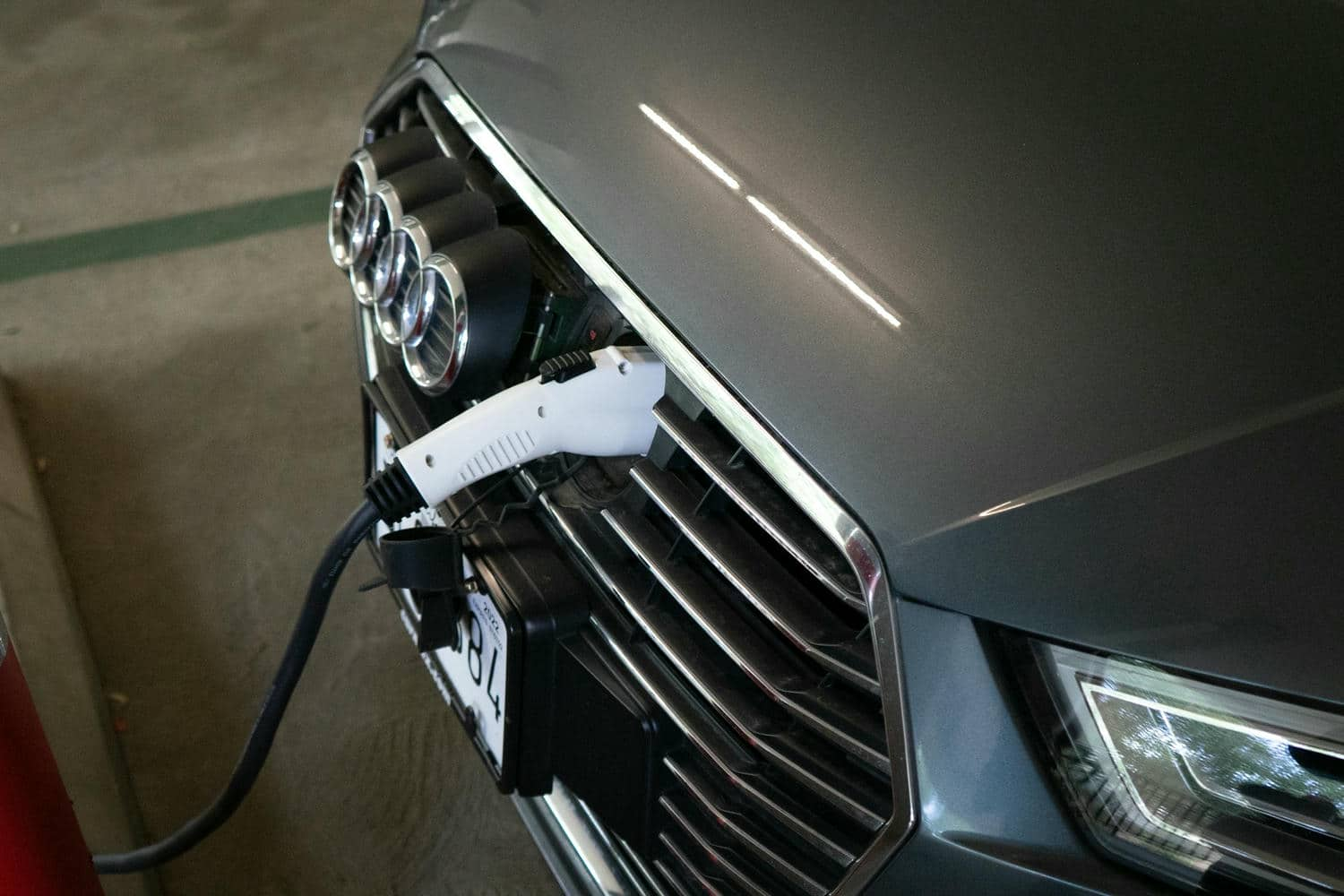
Delaware has opted to follow California’s lead, but with a notable twist to meet its own objectives.
Instead of waiting until 2035 to achieve full electrification, Delaware aims for 80% of new cars sold to be electric or hybrid by 2032. This ambitious goal puts pressure on the state’s charging infrastructure to grow quickly, ensuring that residents can transition to electric vehicles without worrying about access to charging stations.
Delaware is also focusing on the expansion of EV charging networks and working closely with automakers to supply more electric vehicles. The push for EVs aligns with the state’s overall strategy of reducing carbon emissions and improving air quality, making Delaware an important player in the national push for cleaner vehicles.
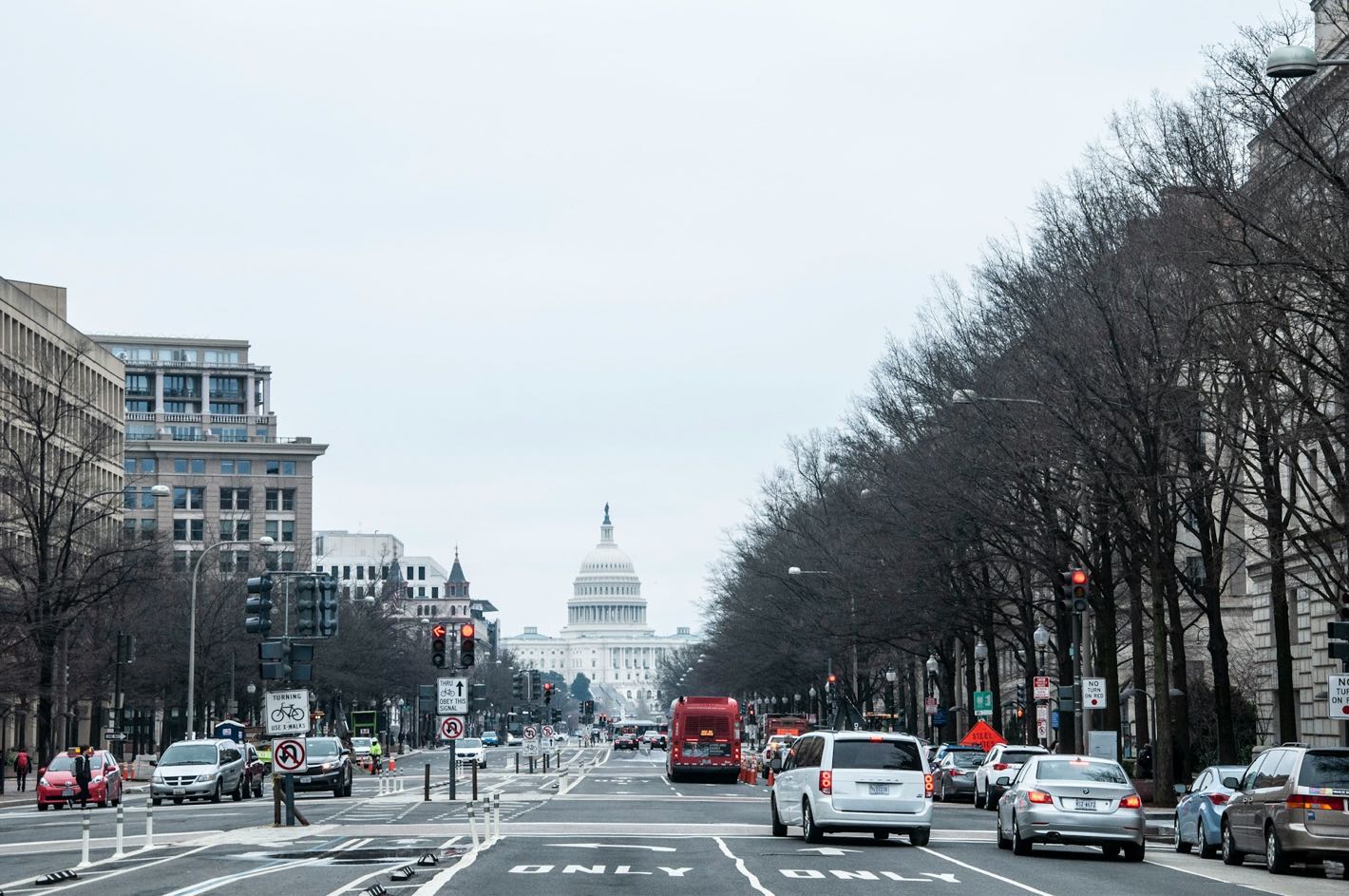
Washington State is one of the most forward-thinking states when it comes to electric vehicle adoption.
Washington passed a groundbreaking law in 2022 with the goal of ending the sale of new gasoline-powered cars by 2030—five years ahead of most other states. The “Clean Cars 2030” law is part of Washington’s broader strategy to combat climate change, which includes investing in public transit, improving the state’s electric grid, and making charging stations more accessible.
With its aggressive EV goals, Washington is embarking on a statewide overhaul. The state has already begun to build out charging infrastructure, and residents are expected to see an increase in EVs on the roads in the coming years. The combination of legislative action and public investment sets Washington apart as a state that’s not just planning for the future, but actively creating it.
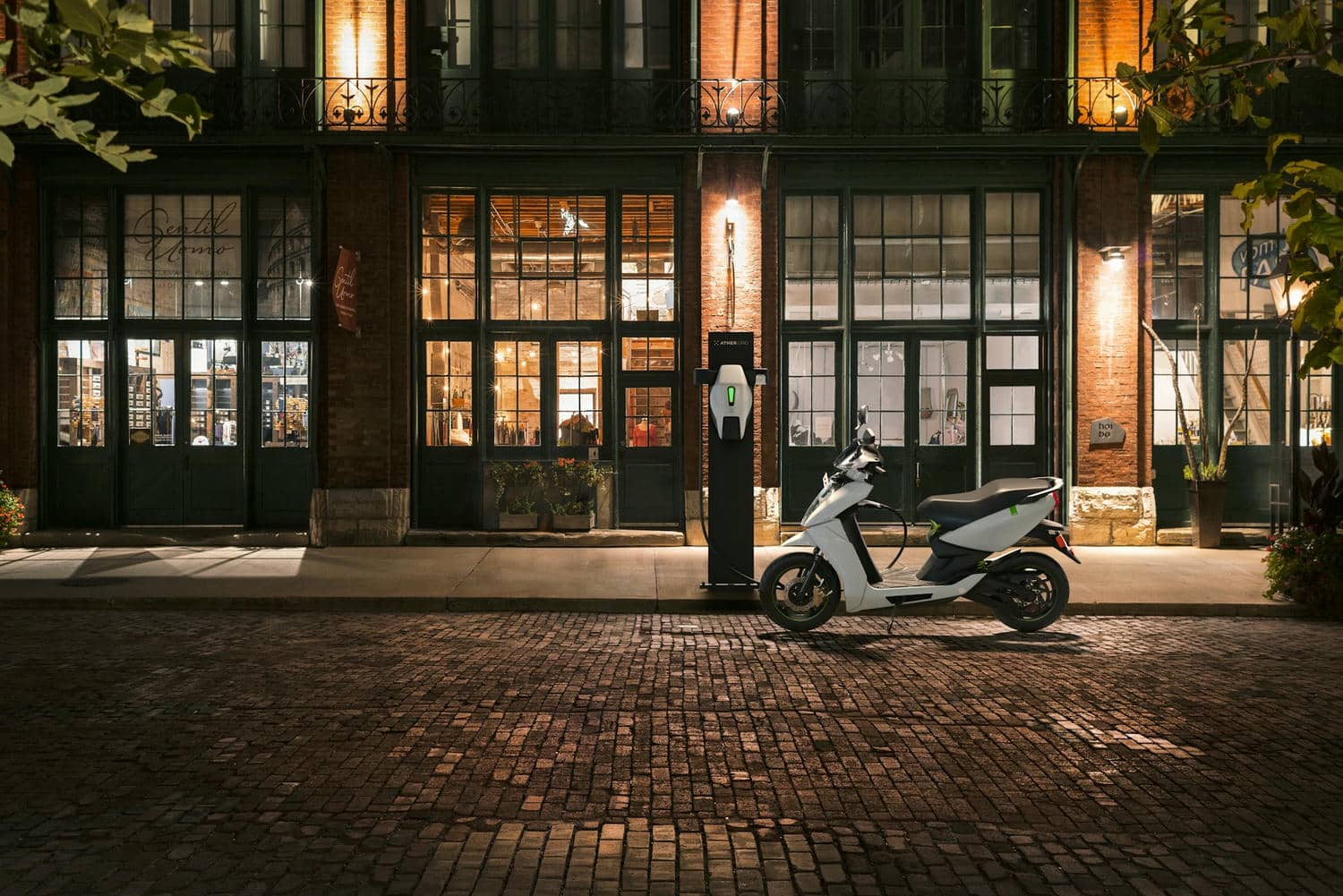
Massachusetts, a state known for its educational institutions and innovation, is setting ambitious targets for transitioning to electric vehicles.
The state has already implemented EV incentives and is rolling out large-scale charging infrastructure projects, with milestones set for 2025 and 2030. These efforts align with the state’s broader commitment to environmental sustainability and reducing greenhouse gas emissions.
Massachusetts aims to significantly increase the number of electric vehicles on the road by the end of this decade. As part of the state’s long-term energy strategy, Massachusetts is placing a strong emphasis on clean energy, making it an ideal state for the EV market to thrive.

In New York, the government is taking swift action to phase out the sale of gas-powered cars.
Governor Kathy Hochul signed a law that commits New York to zero-emission new car sales. The state’s goal is to have 35% of new vehicles sold be electric within the first two years of the law’s implementation. The policy is already changing the landscape of car dealerships across the state, with an increasing number of electric vehicles now available for purchase.
This proactive shift ensures that New York is poised to be a leader in clean transportation, paving the way for a cleaner and greener future. Public and private sectors are working together to make electric vehicles the standard on New York roads.

Oregon is quietly following California’s lead, with plans to eliminate the sale of new gas cars by 2035.
In 2022, Oregon adopted California’s Advanced Clean Cars II rule, setting the stage for a significant transformation in the state’s automotive industry. Oregon’s focus now shifts to improving the charging infrastructure and reducing transportation emissions, which are the state’s largest source of pollution.
With over 50,000 EVs already registered in the state, Oregon has laid the foundation for this transition. The state’s residents are increasingly choosing electric vehicles, making Oregon one of the best places in the country to drive an EV.
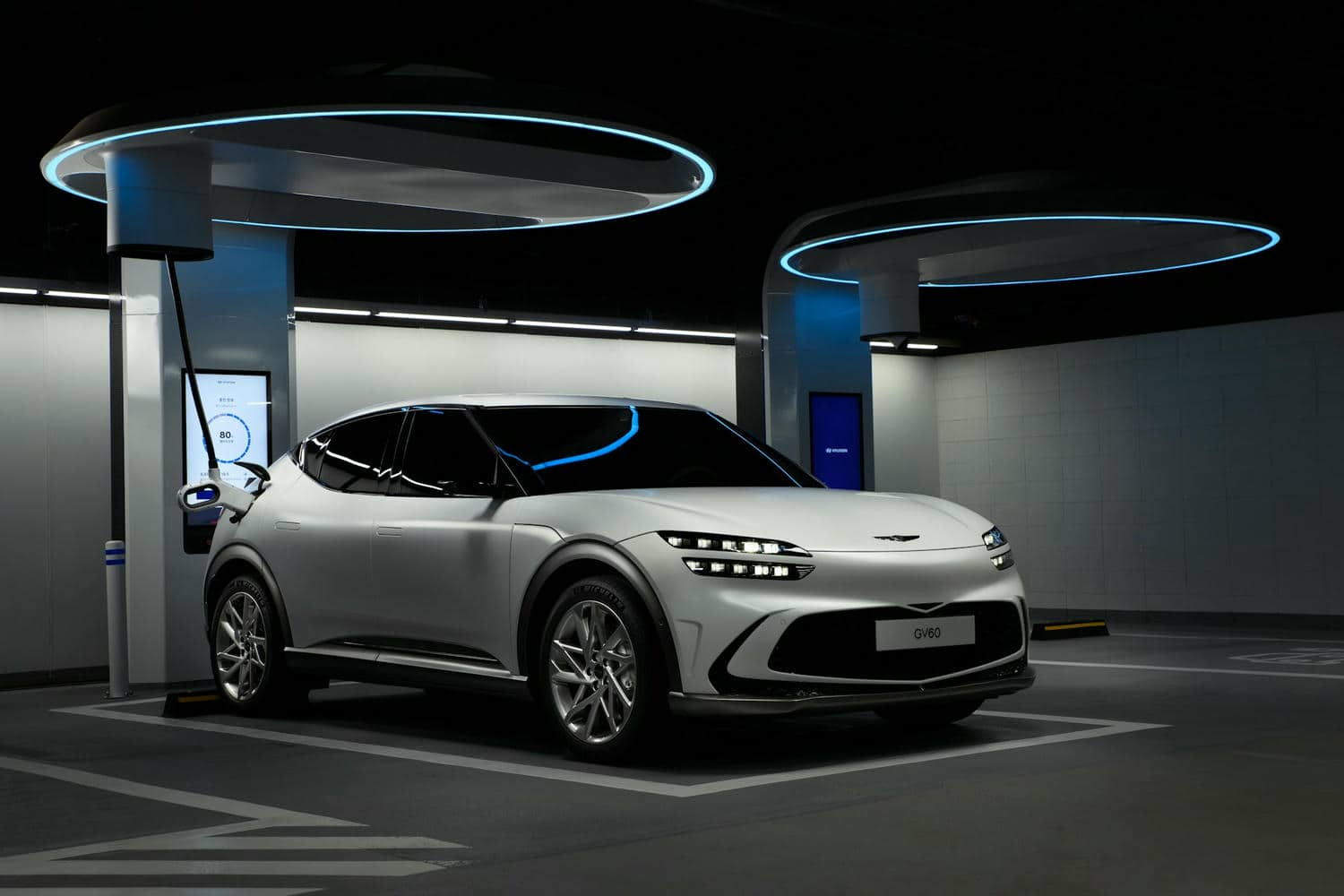
Several other states have also adopted plans to phase out gas-powered cars and make the switch to electric vehicles.
New Jersey is targeting 43% of new light-duty vehicle registrations to be electric by 2027. Maryland is focused on public health, aiming for 300,000 electric vehicles by 2035, while Rhode Island has committed to banning new gas-powered cars by 2035. These states, along with Vermont, Colorado, and New Mexico, are all taking bold actions to improve air quality, reduce carbon emissions, and make electric vehicles more accessible to their residents.
The District of Columbia is also set to phase out gas car sales by 2035, signaling a strong commitment to meeting climate goals. Local leaders have already begun implementing fleet electrification and expanding charging infrastructure to support this initiative.
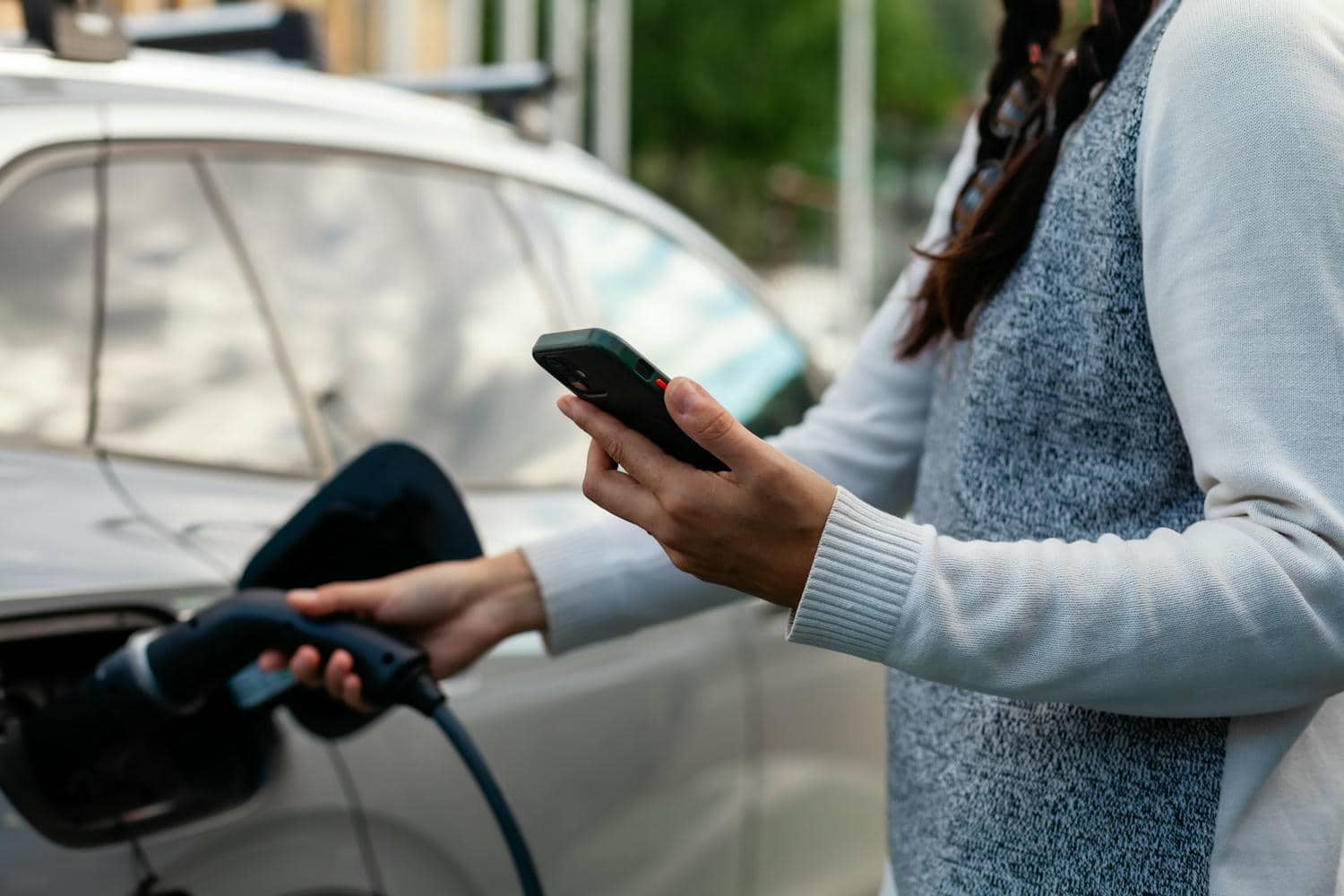
As these states move toward banning gas-powered vehicles, the shift to electric vehicles is accelerating. States like California, Washington, and New York are leading the way, while others, such as Delaware, Oregon, and Maryland, are following suit with ambitious plans for the near future. The transition to electric vehicles is not just about reducing emissions; it’s about creating a sustainable and healthy environment for generations to come.
Ship A Car, Inc. understands the importance of electric vehicles and is committed to ensuring that they are transported with the utmost care and reliability. Whether you’re moving across state lines or just across town, SAC offers specialized services for EVs, backed by five-star reviews and an A+ rating from the BBB. Our team is dedicated to making the process as smooth and seamless as possible, so you can focus on enjoying the benefits of your electric vehicle.
Ready to ship an electric vehicle with ease and reliability? Visit Ship A Car, Inc.’s dedicated page for all the details on how we can safely and efficiently transport your EV to its destination. Don’t wait—ensure your electric vehicle gets the care it deserves by booking your shipment today!
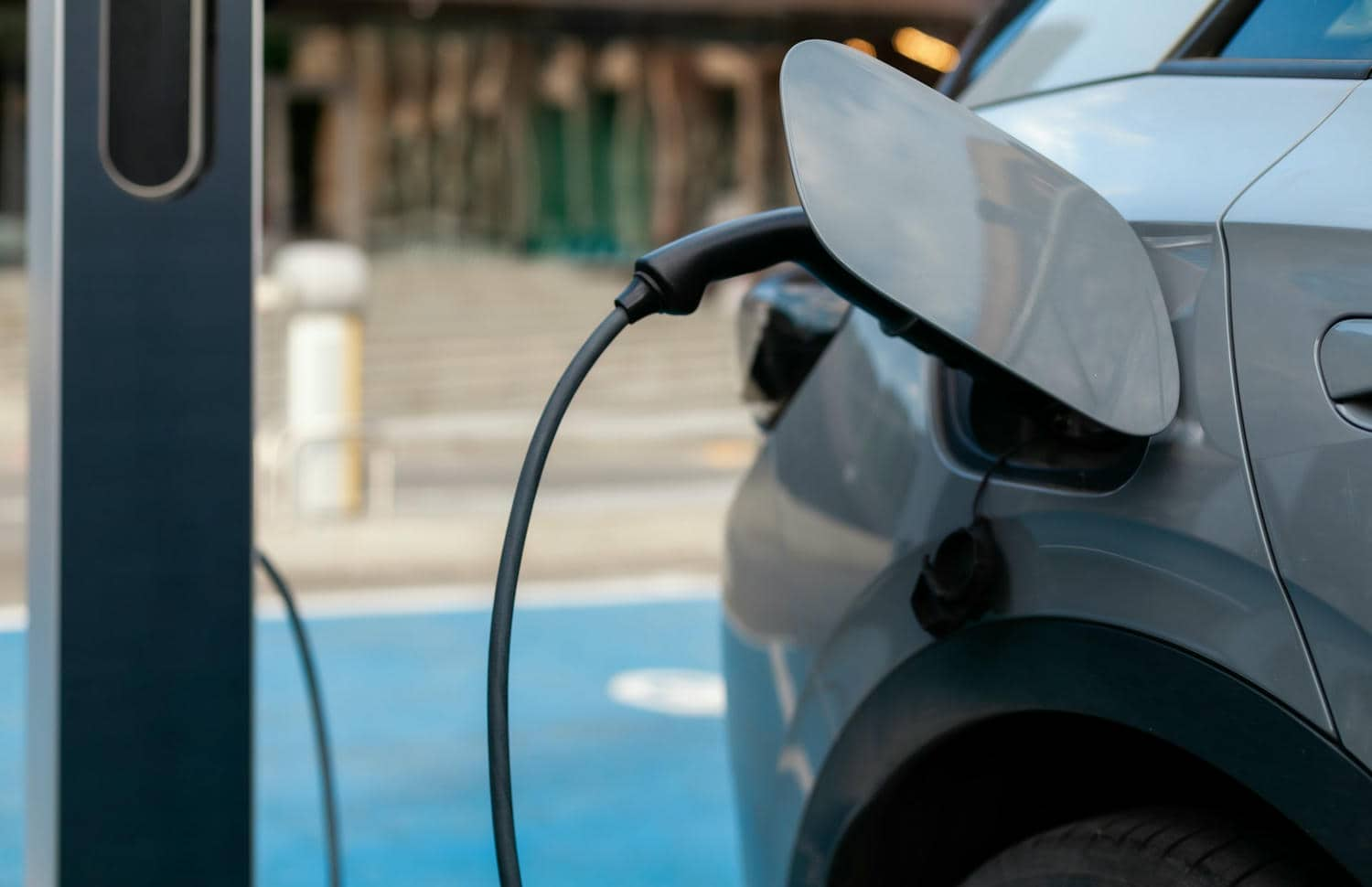
Q: How can I ship an electric vehicle across the U.S.?
A: You can ship your electric vehicle with Ship A Car, Inc. We offer both open and enclosed transport options to ensure your EV is safely transported to its destination.
Q: Are electric vehicles more expensive to ship than gas-powered cars?
A: Shipping costs for electric vehicles are comparable to those for traditional cars. Factors such as distance and transport method (open vs. enclosed) can influence the final cost.
Q: How long does it take to ship an electric vehicle?
A: The shipping time for electric vehicles depends on the distance between the pickup and delivery locations. Typically, the process takes between 1-7 days.


